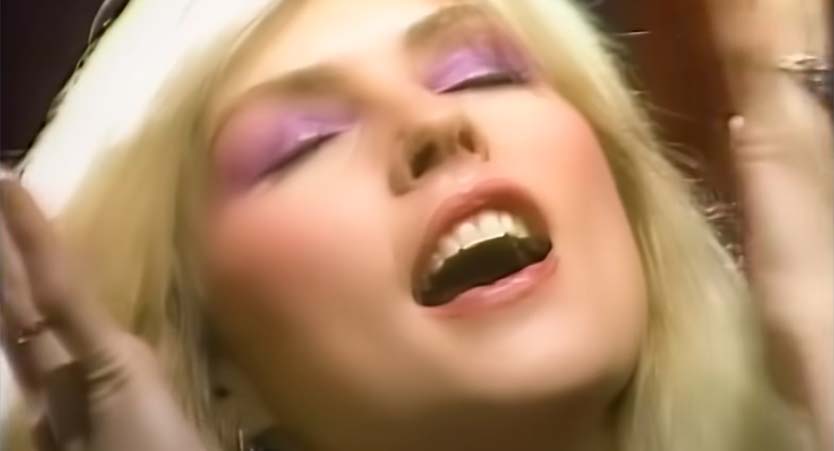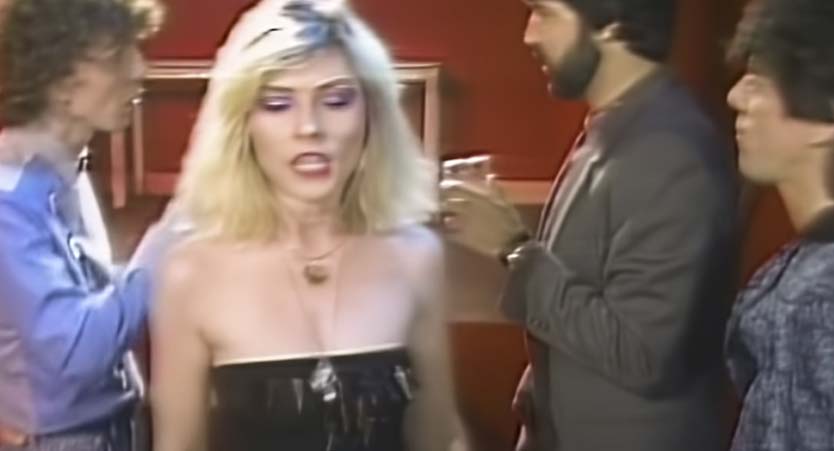Back in 1981, Blondie—already well-known for their catchy mix of new wave and pop-punk—made a bold move that would leave a lasting mark on music history with the release of “Rapture.” This wasn’t just another hit single; it was a game-changer. “Rapture” became the first song with rap vocals to hit number one on the Billboard Hot 100—a huge moment for both the band and the genre.
The track came from their fifth studio album, Autoamerican, and showed off Blondie’s adventurous side. At the time, rap was still bubbling under the radar, especially in New York’s underground scene, and hadn’t yet made its way into the pop mainstream. But Debbie Harry, with her signature cool vibe and charisma, embraced the sound. Her spoken-word rap section felt fresh and approachable, helping to bring the genre into the spotlight.
Musically, “Rapture” blends disco, funk, and early hip-hop into a smooth, danceable groove. With its funky bassline, the song sets the stage perfectly for Harry’s quirky, offbeat lyrics. She even gives shout-outs to early hip-hop icons like Fab Five Freddy and Grandmaster Flash, cementing the track’s ties to the scene that inspired it.
But “Rapture” wasn’t just a fun experiment—it was a turning point. It introduced mainstream audiences to rap in a way that felt exciting and accessible. Blondie didn’t just borrow from a new style; they helped break down barriers and open the door for future collaborations between pop and hip-hop artists. It was a bold step that helped legitimize rap in the eyes of a much broader audience.
Even today, “Rapture” still holds up. It captures a moment when music was starting to shift and genres were beginning to blend in unexpected ways. It’s a perfect example of Blondie’s fearless creativity and willingness to take risks. More than anything, it’s a reminder of how powerful it can be when artists push boundaries and stay curious about what’s next.


